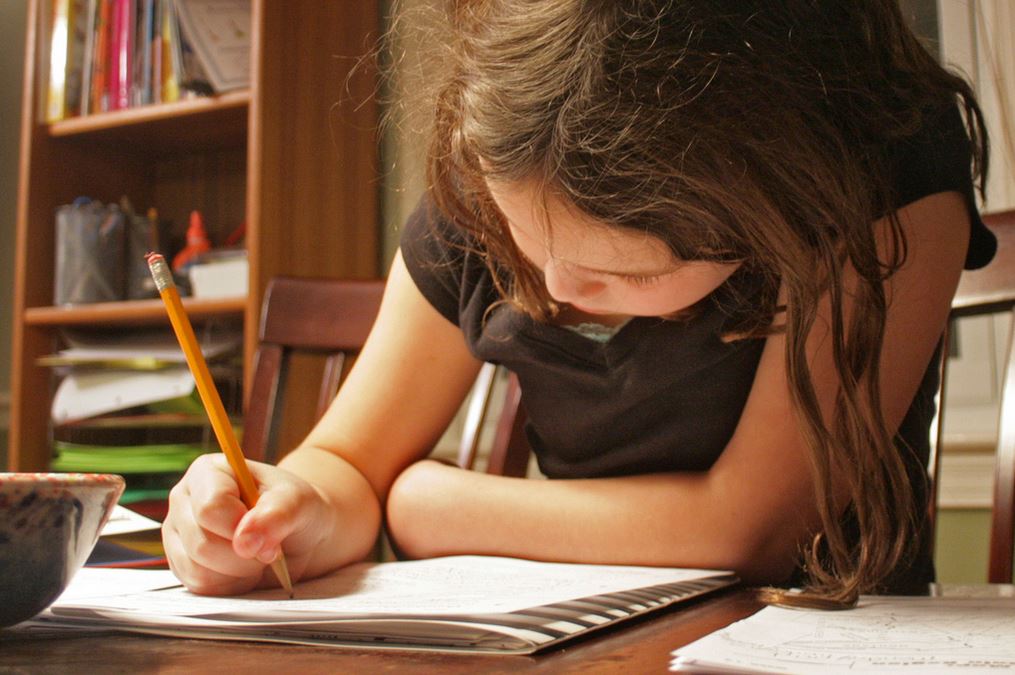First there was the news that the number of homeschooled children in the U.S. rose 61.8% in the last decade.
Then came the report that homeschooling is exploding in the U.K. – with a 65% increase in the last six years.
And now comes the news that homeschooling’s popularity is spreading to other countries as well, particularly through the medium of expatriates. The Wall Street Journal reports:
“While homeschooling in the U.S. has been around for decades—there are an estimated 2 million children who are educated at home—it has recently begun to grow internationally as well. Bridgeway [a U.S.-based Homeschool Academy], for example, has seen an estimated 5% rise year on year with expats in countries including Saudi Arabia, China and Colombia. ‘My theory is that they are seeing and hearing more about home education, and in the U.S. it has grown exponentially, becoming almost common,’ said Jessica Parnell, owner and CEO of Bridgeway. ‘So recognition is happening and therefore it’s growing internationally.’”
Homeschooling is likely growing internationally for more reasons beyond popularity. Families likely appreciate the fact that homeschooling:
- Encourages self-discipline
- Provides flexibility
- Enables more family time
- Provides religious and special education not available in foreign countries
On top of these benefits, international homeschooling families also see their children soar academically. According to the aforementioned owner of Bridgeway Homeschool Academy, homeschooled children generally score “25% above what private school students scored on standardized test[s].”
In case you didn’t notice, she said private schools, not public. Given that private schools are purported to produce better academic outcomes than public schools, one can only imagine by what percentage homeschool students outpace their public school peers.
With results like these, would more international countries (such as Germany where homeschooling is currently illegal) be wise to encourage parents to shoulder the responsibility for their child’s education at home?
Image Credit: woodleywonderworks via Flickr
















Leave a Comment
Your email address will not be published. Required fields are marked with *